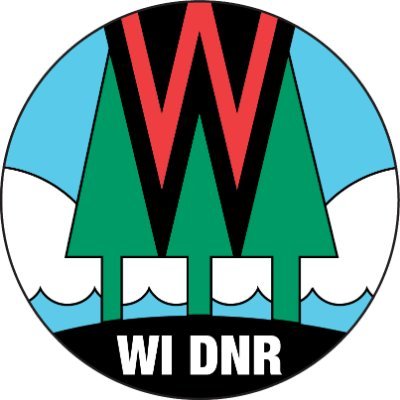DNR Reaffirms Commitment to Addressing Impacts of Climate Change on Wisconsin’s Natural Resources During Climate Week
"Climate change is one of the defining issues of our time."
MADISON, Wis. – The Wisconsin Department of Natural Resources reaffirmed its commitment to addressing the impacts of climate change on Wisconsin’s natural resources in a memo to staff on Wednesday. In the memo, Secretary-designee Preston Cole outlined the department’s role in addressing climate change and clean energy through adaptation and mitigation.
“Climate change is one of the defining issues of our time. From shifting weather patterns, increases in average temperature, higher frequency and intensity of rainfall to heavier snowfalls, the impacts of climate change directly impact Wisconsin,” Cole said. “The DNR is entrusted to protect the people’s resources, and as a result, we need to recognize the factors that drive change and must plan accordingly.”
In August, Gov. Tony Evers signed Executive Order #38 to address the issue of clean energy in Wisconsin. Evers directed the Department of Administration to create an Office of Sustainability and Clean Energy. This new office will coordinate with the DNR and others to develop and implement a clean energy plan for Wisconsin.
At the heart of the DNR mission is bringing together diverse perspectives and relying on science to inform decision making. Additionally, the department’s mission requires the department to ensure the right of all people to use and enjoy Wisconsin’s natural resources.
“Everyone is affected by climate change, but some people are more affected than others because of factors like where they live, their age, health, income, occupation, or how they go about their day-to-day lives,” Cole said. “We must also recognize that people of color and low-income communities are often the hardest hit by the effects of climate change and act to remedy such injustices.”
NOTE: This press release was submitted to Urban Milwaukee and was not written by an Urban Milwaukee writer. While it is believed to be reliable, Urban Milwaukee does not guarantee its accuracy or completeness.






















